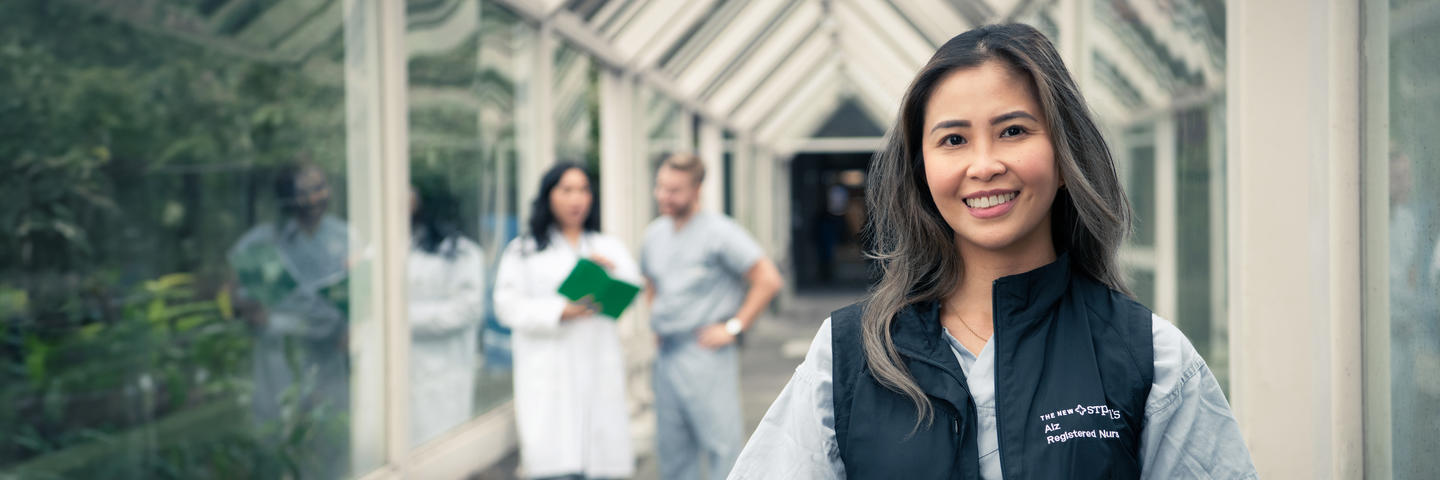Health services and conditions A to Z
Search for the health service you need.

What are you looking for?
-
-
Abdominal abscess
-
Abnormal uterine bleeding
-
Acquired brain injuries
-
Addiction Medicine Consult Team
-
Adrenal gland disorders
-
Adult congenital heart disease
-
Allergies
-
Amyotrophic lateral sclerosis (ALS)
-
Anal cancer
-
Anal fissures
-
Anesthesiology & perioperative medicine
-
Angel's Cradle
-
Angiogram
-
Angioplasty with stent
-
Ankle pain
-
Arthritis
-
Asthma
-
Atrial fibrillation
-
Audiology
-
Autoimmune diseases
-
-
-
Caesarean birth
-
Cardiac ablation
-
Cardiac blood pool scans (MUGA scans)
-
Cardiac CT & MRI scans
-
Cardiac stress tests
-
Cardiac tests & imaging
-
Cardiomyopathy
-
Cardiopulmonary disease
-
Cardioversion therapy
-
Carpal tunnel syndrome
-
Cataract surgery
-
Cataracts
-
Celiac disease
-
Cervical cancer
-
Chemotherapy (outpatient)
-
Chronic kidney disease
-
Chronic obstructive pulmonary disease (COPD)
-
Chronic pain
-
Chronic sinusitis
-
Chronic throat infection
-
Clinical nutrition
-
Clostridioides difficile infection
-
Cochlear implant
-
Colon & rectal polyps
-
Colon & rectal surgery & treatments
-
Colonoscopy
-
Colorectal cancer
-
Computed tomography (CT scan)
-
Concussion
-
Constipation
-
Contact dermatitis
-
Cornea transplant
-
Corneal & external diseases of the eye
-
Coronary artery bypass grafting
-
Coronary artery disease
-
COVID-19
-
Critical care
-
Crohn's disease
-
Cushing's syndrome
-
Cystic fibrosis
-
-
-
Hand & wrist conditions
-
Hand, wrist & shoulder surgery
-
Hearing loss
-
Hearing screening
-
Heart attack (myocardial infarction)
-
Heart biopsies (post-transplant)
-
Heart disease in pregnancy
-
Heart failure
-
Heart monitors
-
Heart surgeries & procedures
-
Heart transplant
-
Heart ultrasound (echo)
-
Heart valve disorders
-
Helicobacter pylori (H. pylori) infection
-
Hemorrhoids
-
Hidradenitis suppurativa
-
High blood pressure
-
Hip pain
-
Hip preservation
-
Hip replacement
-
HIV testing
-
Home Parenteral and Enteral Nutrition
-
Hospice palliative care
-
Hospital at Home
-
Human immunodeficiency virus & acquired immunodeficiency syndrome (HIV/AIDS)
-
Hyperparathyroidism
-
Hyperthyroidism
-
Hysteroscopy
-
-
-
Pacemakers & implantable cardioverter defibrillators
-
Pancreatic masses or cysts
-
Pancreatitis
-
Parathyroid scans
-
Parkinson's disease
-
Peer support services
-
Pelvic floor disorders
-
Pelvic organ prolapse
-
Perinatal depression
-
Perinatal substance use
-
Pharmacy
-
Physiotherapy
-
Pituitary disorders
-
Plastics & reconstruction surgery & treatments
-
Polyarteritis nodosa
-
Polycystic kidney disease
-
Polycystic ovary syndrome
-
Postoperative pain
-
Pregnancy
-
Pregnancy-related conditions
-
Psychology
-
Pulmonary embolism
-
-
-
Salivary gland disorders
-
Sarcoidosis
-
Scleroderma
-
Scotiabank Youth Transition Program
-
Seizures
-
Sentinel node injection
-
Sepsis
-
Severe drug reactions/severe cutaneous adverse reactions (SCARs)
-
Severe eczema (atopic dermatitis)
-
Severe psoriasis
-
Sexually transmitted infections (STIs)
-
Shoulder care
-
Shoulder conditions
-
Sjogren's syndrome
-
Skin cancer & melanoma
-
Sleep apnea
-
Sleep disorders
-
Social work
-
Speech-language pathology
-
Spine conditions
-
Spiritual health & pastoral care
-
Sports rehabilitation
-
St. Paul's Hospital Community IV Program
-
Stomach cancer
-
Stroke/transient ischemic attack (TIA)
-
Substance use
-
Surgical valve replacement
-
The content on this website is provided for reference purposes only and must not be used as a substitute for professional medical advice, diagnosis, or treatment. Use of this website is at your own risk. Please read our Terms of Use and Disclaimer.